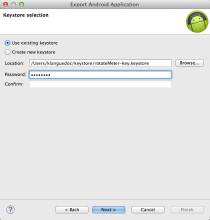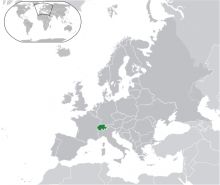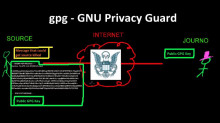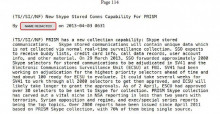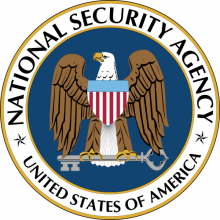Serious Android crypto key theft vulnerability affects 86% of devices
Researchers have warned of a vulnerability present on an estimated 86 percent of Android phones that may allow attackers to obtain highly sensitive credentials, including cryptographic keys for some banking services and virtual private networks, and PINs or patterns used to unlock vulnerable devices.














































